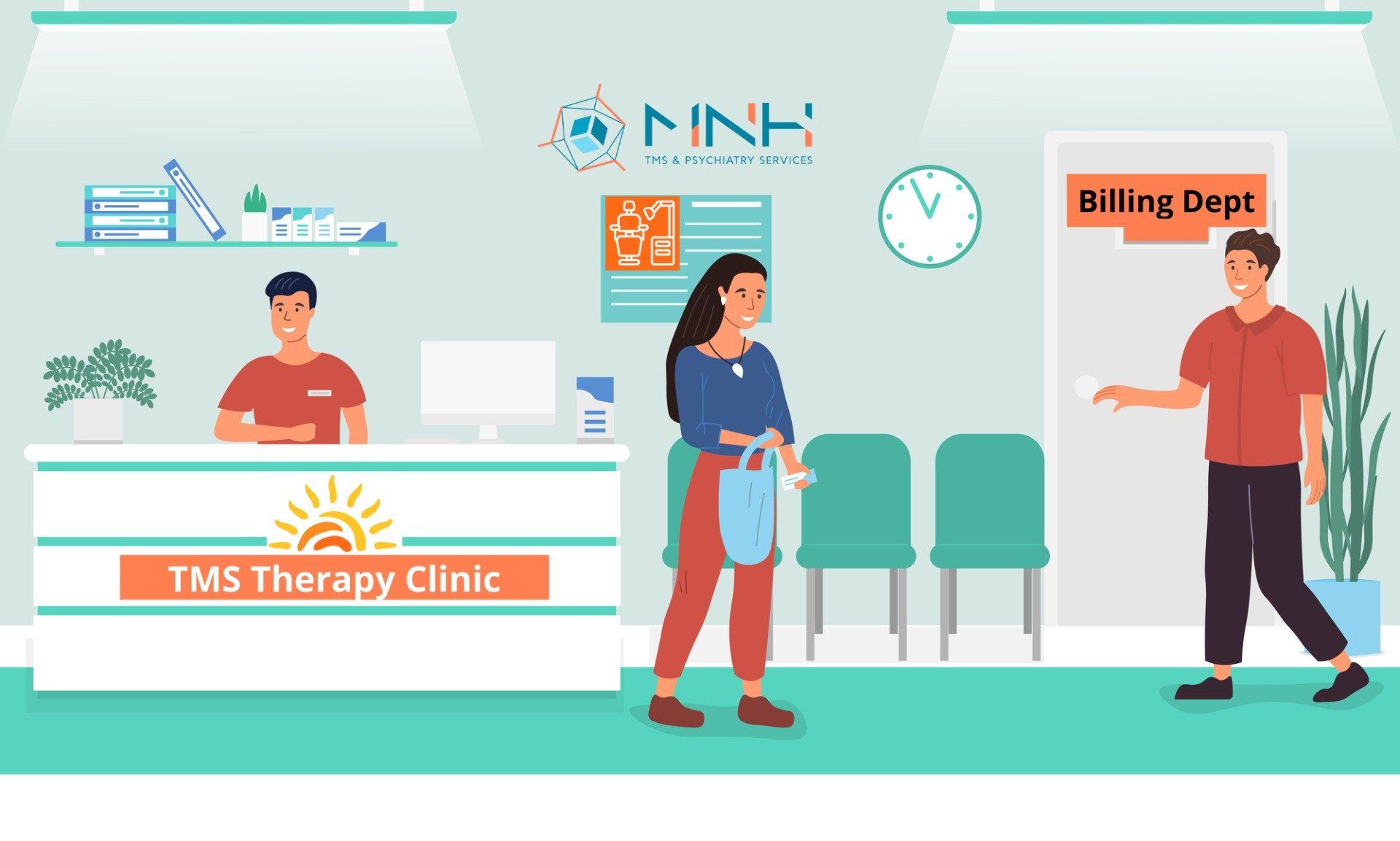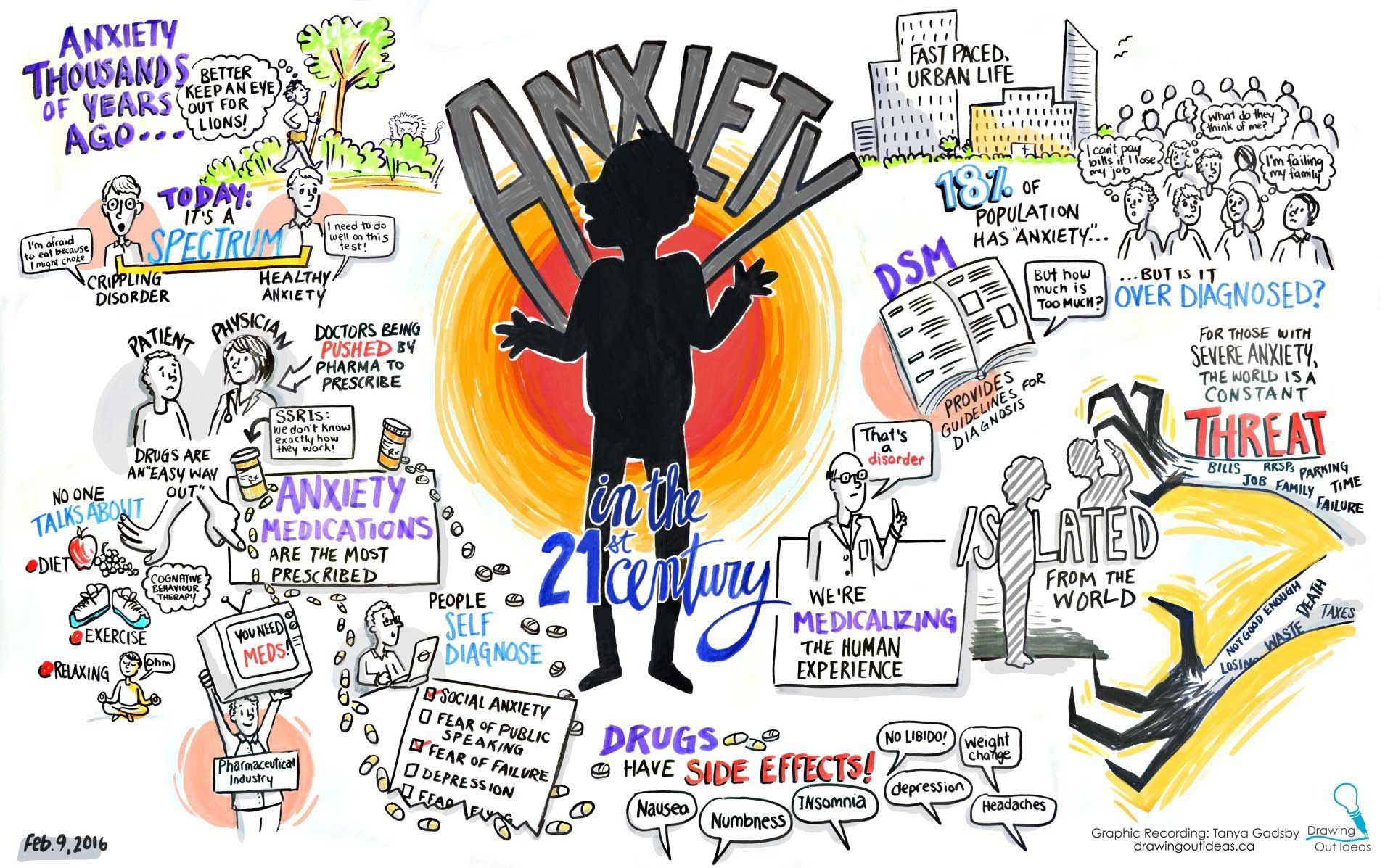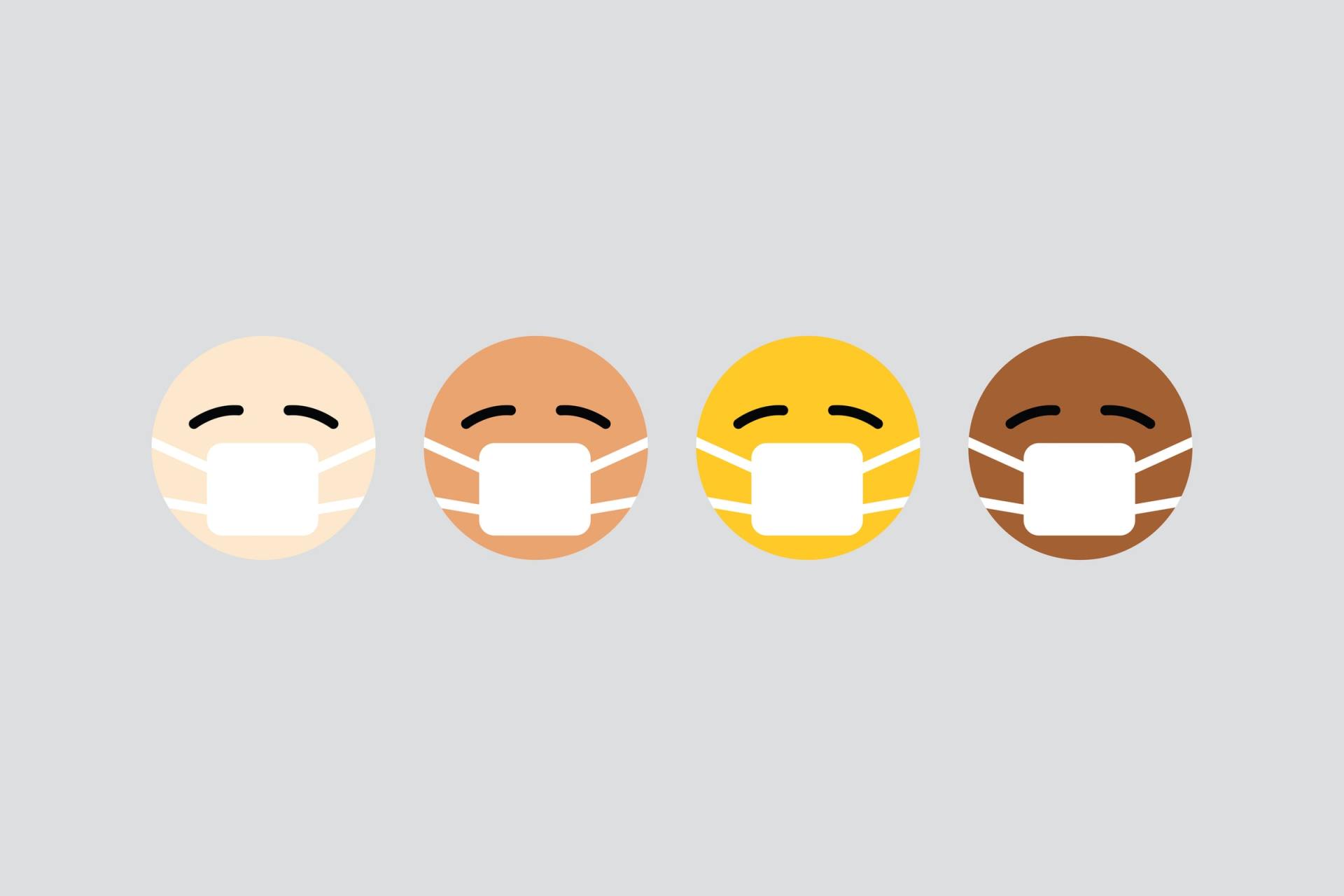Increased Risk of Depression & Anxiety in the Midst of COVID-19
Debunk panic during COVID-19 and stay mentally healthy too!
With so much uncertainty taking place across the globe, people have a tendency to panic. Those already suffering from mental illness, such as depression and anxiety are at risk for worsening symptoms. Conversely, those without a mental health condition are now at risk for developing stress, anxiety, and depression. TMS therapy can be one of the most effective treatments for those with exacerbated symptoms.
Conversely, those without a mental health condition are now at risk for developing stress, anxiety, and depression. Frontline health care professionals - those working in emergency rooms and directly taking care of those hospitalized with COVID-19 face high risk everyday. First responders who already encounter traumatic situations are also at a heightened risk for acquiring COVID-19, which brings about worry, as well as symptoms associated with anxiety and depression.
COVID-19 has evoked fear across the nations amidst a season where colds, allergies, and other respiratory symptoms tend to be very common. The mere absence of people within the community, businesses with closed signs hanging in the window, highways bare, grocery stores without food on the shelf or milk in the coolers, and the scarcity of necessary items for survival all bring about feelings of fear, despondency, stress, worry, and depression. Community lockdowns and stay-at-home mandates inhibits social events, decreases the ability to exercise, and can put people at risk for worsening physical and mental health symptoms.
Symptoms of depression, stress, and anxiety are quite normal during such a pandemic as COVID-19. Those most vulnerable to an exacerbation of symptoms includes people with existing mental illness, health care workers, first responders, and those with existing chronic or terminal illness. This is a time of great challenge for everyone across the globe. It is critical that we take it seriously, but refrain from panic.
Fear is the expected reaction to a known threat, such as the influenza virus, whereas anxiety is a response to a lesser type of threat, such as speaking in front of a large audience. Fear related to COVID-19 brings about more than just concern for acquiring the virus. Some of these concerns includes, loss of jobs and income, inability to finish school, lack of ability to obtain necessary items to prevent the spread the virus, loss of loved ones due to the virus, and so many other effects from this global phenomenon. The financial effects of COVID-19 are difficult to swallow, especially for those families and small businesses who've already been impacted.
With all the fear, panic, worry, and anxiety that this horrific pandemic has brought about, it is important to know and understand that panic only brings about worsening symptoms. Instead, it is important to be mindful of your actions and thoughts, and to remain positive in the midst of COVID-19.
Minimize your chance of worsening mental health symptoms
It's normal to feel anxious, fearful, stressed, and to exhibit worry about our world's current state of chaos. However, it's important to remember that we can manipulate the situation and level the playing field by following the rules set forth by the
Centers for Disease Control
(CDC). Alternatively, having faith, wisdom, and a positive attitude (even in the midst of illness) can make a significant difference in your overall health. Recognizing that we are not in control of what the future holds, but we are in control of ourselves, our actions, and our own health.
For those already suffering from mental health conditions, such as depression and anxiety, COVID-19 can quickly bring about worsening symptoms. Refuse to allow it to consume you. Utilize your time spending time in your home engaged in activities to calm your mind and spirit, and generate moments of laughter playing games and watching comedies with your immediate family members. This can help to deter your worry, stress, and feelings of despondency.
It's also important to remain compliant with your medications and maintain contact with your doctor when necessary. While many physician offices are closed, most doctors continue to see and treat patients remotely via telehealth or by phone. For those that continue to struggle despite efforts to minimize worsening symptoms, transcranial magnetic stimulation (TMS) can help. TMS consultations can be done via telephone, and the process for obtaining prior authorization from your insurance can be done remotely.
Most importantly, remember that your mental and physical health work synergistically. Maintaining your mental health is a critical component to promoting good physical health and vice versa.
For more information about TMS therapy, visit
TMS Director
y
or call the a TMS therapy specialists at 1-833-TMS-HELP or 314-226-1997.










